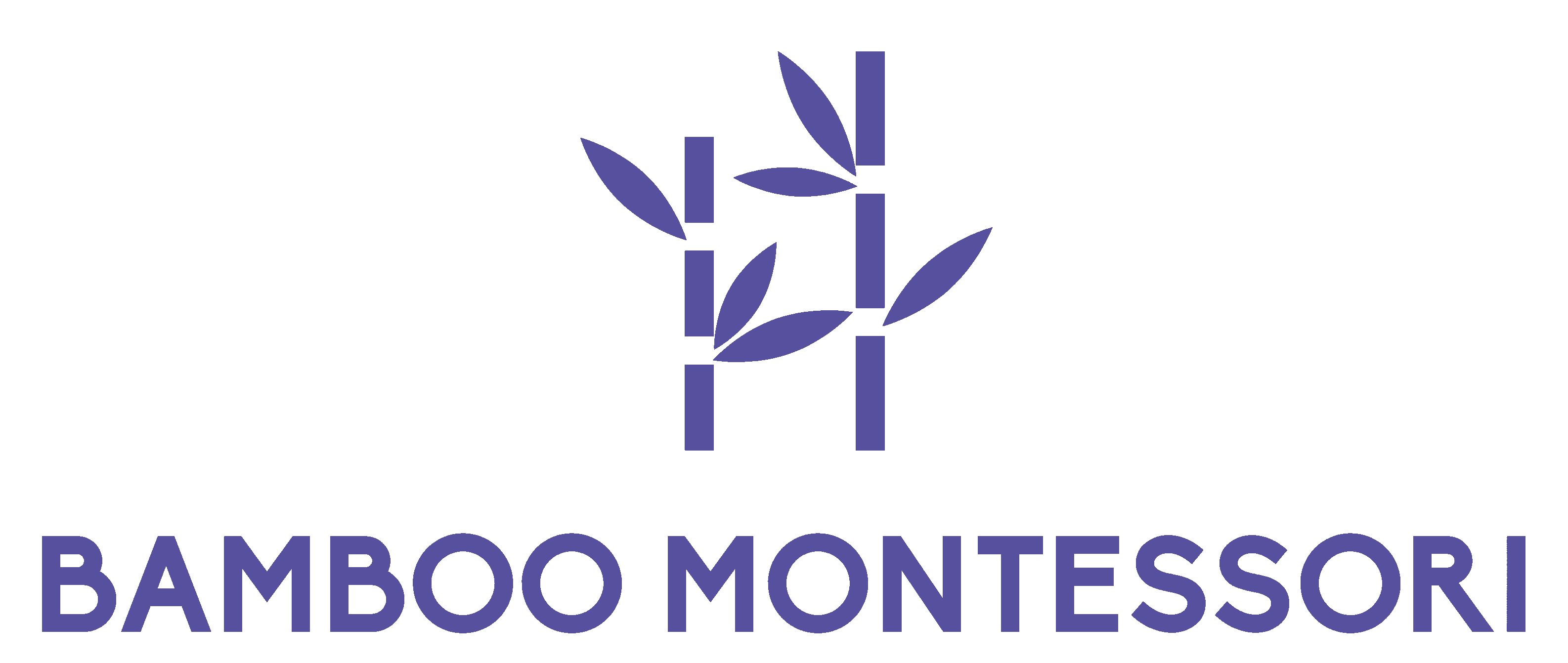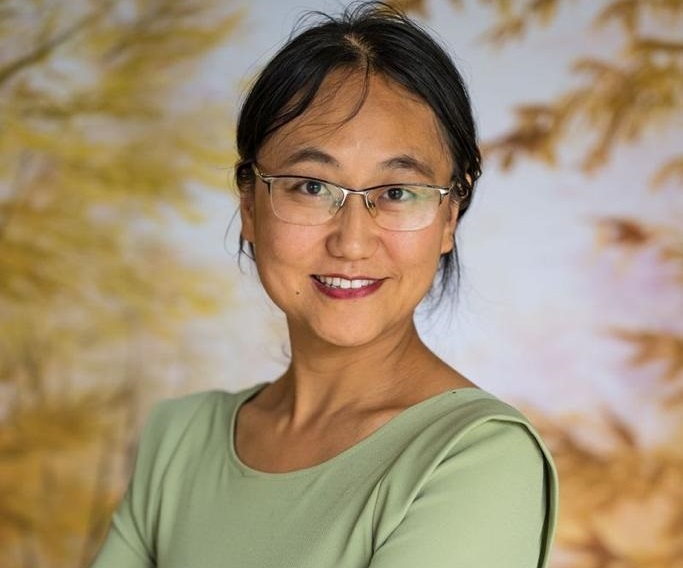Embarking on this exciting journey, I find immense joy in sharing my passion for Montessori education. With 15 years of teaching experience and the recent establishment of my very own Bamboo Montessori kindergarten, I’m thrilled to extend my knowledge to the community. In this blog, let’s dive into the essence of Montessori education and explore how it shapes the holistic development of our beloved children.
The Heart of Montessori Education
Montessori philosophy
As a Montessori teacher and a Montessori mother of two boys, I’ve witnessed the transformative power of Montessori philosophy. It revolves around treating children as unique individuals, fostering independence, and providing an environment that nurtures their natural curiosity.
Child-Centered Learning
At the core of Montessori is the shift from teacher-centric to child-centered learning. Understanding and respecting the distinct needs of each child sets the stage for a personalized and effective educational experience.
„Education Without Teaching”
Rejecting traditional cramming methods, Montessori advocates for a curriculum rooted in daily life training. By fostering a conducive learning environment and providing rich educational experiences, children are empowered to learn spontaneously, actively, and construct their personalities organically.
Sensitive Periods
Montessori identifies specific sensitive periods in children aged 0-6, where they exhibit inclinations. Leveraging these periods allows educators to maximize the impact of learning experiences, tailoring education to meet the unique needs of each child.
Teacher as Mentor
Montessori teachers, referred to as guides, are entrusted with a profound knowledge of a child’s inner world and developmental status. This understanding enables them to offer timely and meaningful guidance, facilitating the child’s growth and self-discovery. Deep knowledge
Complete Personality Cultivation
The ultimate goal of Montessori education is to help children normalize by creating an environment and utilizing teaching aids that guide them toward building a well-rounded personality through self-repetitive exercises.
Respect for Growth Pace
Montessori education emphasizes teaching according to the aptitude and developmental progress of individual children, rejecting the one-size-fits-all approach. This respect for each child’s unique journey ensures a more tailored and effective learning experience.
Mixed-Age Education
By bringing children aged one to six together, Montessori encourages interaction and collaboration. Younger children find role models, while older children enhance their knowledge and abilities by assisting their younger peers.
Rich Teaching Materials
Montessori teaching aids are not tools for teachers but materials for children’s work. Through these materials, children engage in self-directed activities, contributing to the construction of a perfect personality through repetitive exercises.
Elimination of the Single Reward and Punishment System
Montessori education upholds the dignity of each child by eliminating a singular reward and punishment system, fostering a sense of respect and intrinsic motivation.
Explosive Teaching Results
Although the results of Montessori education may not be immediately apparent, they manifest explosively over time, revealing the child’s inner mental development level. This underscores the effectiveness of a holistic and child-centric educational approach.

